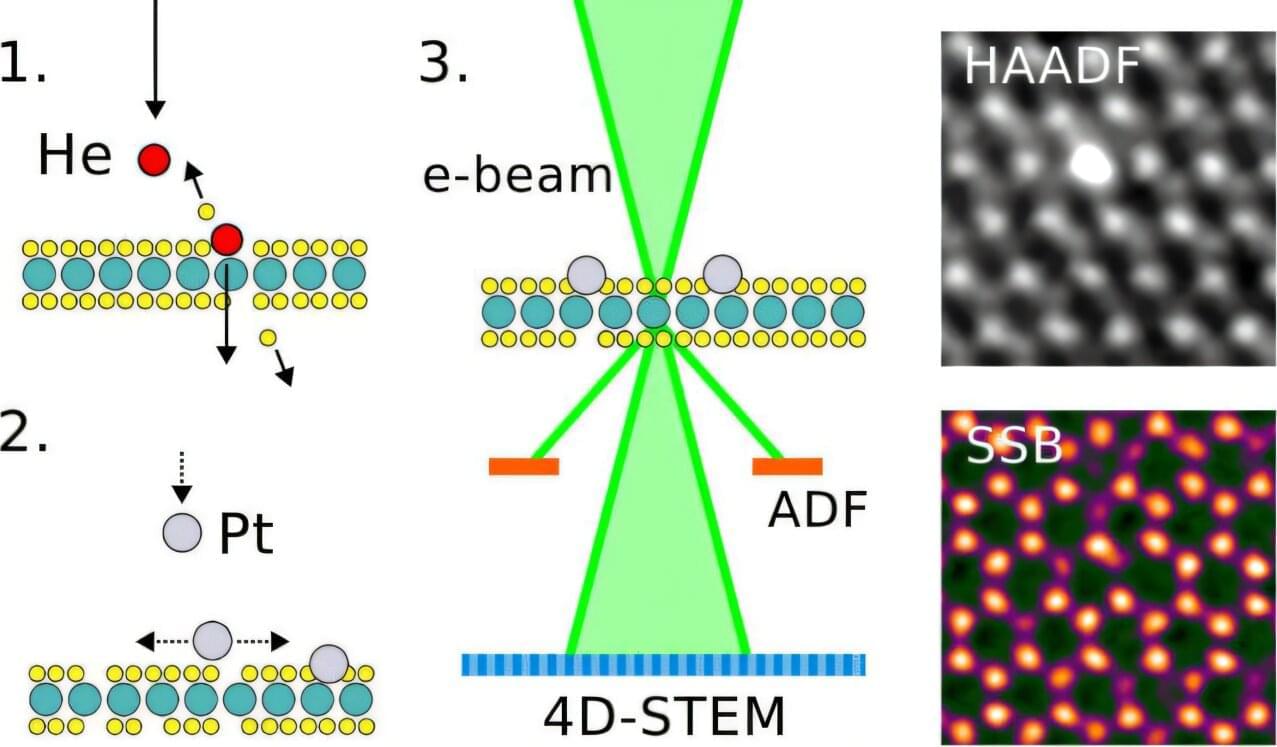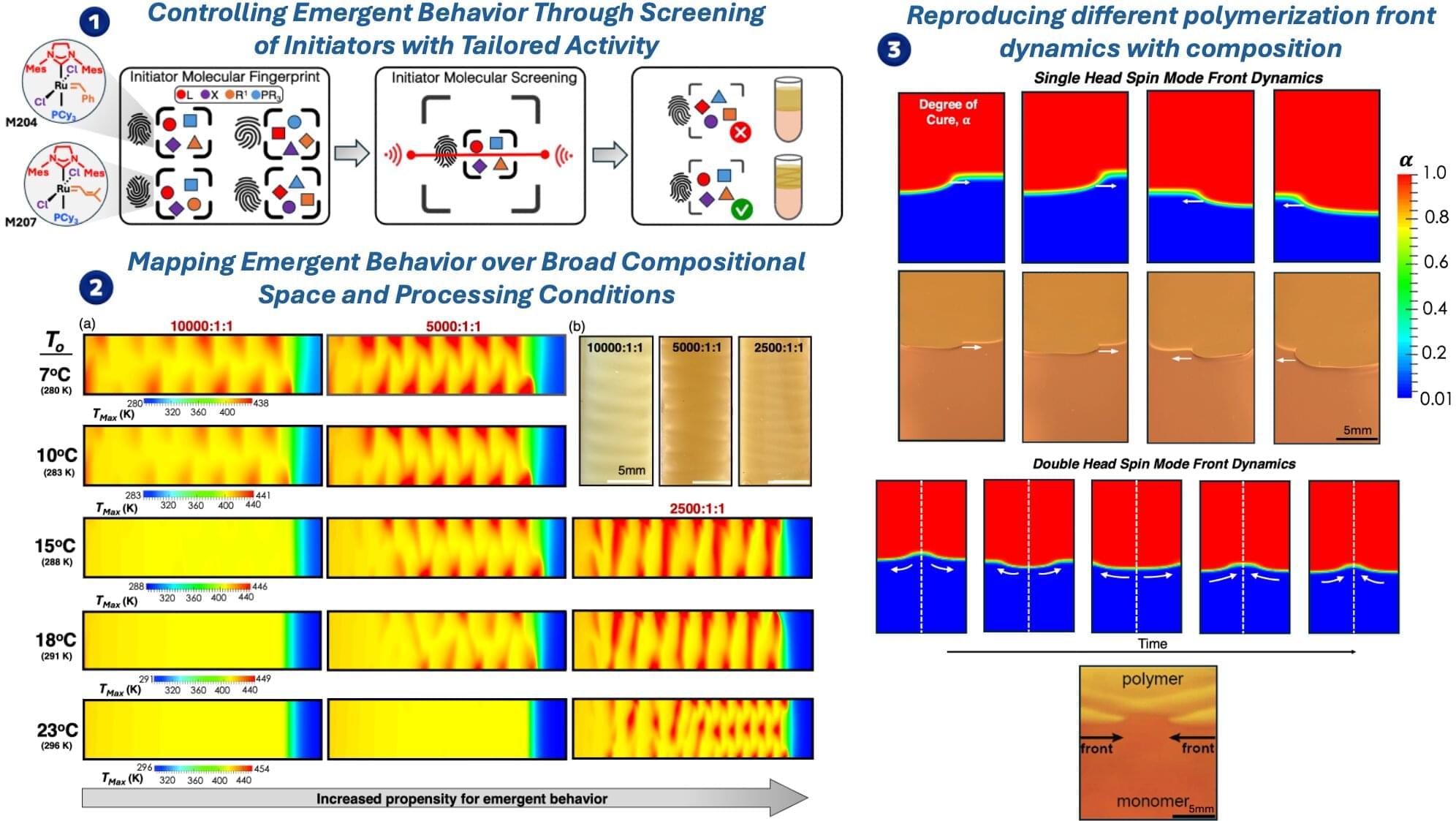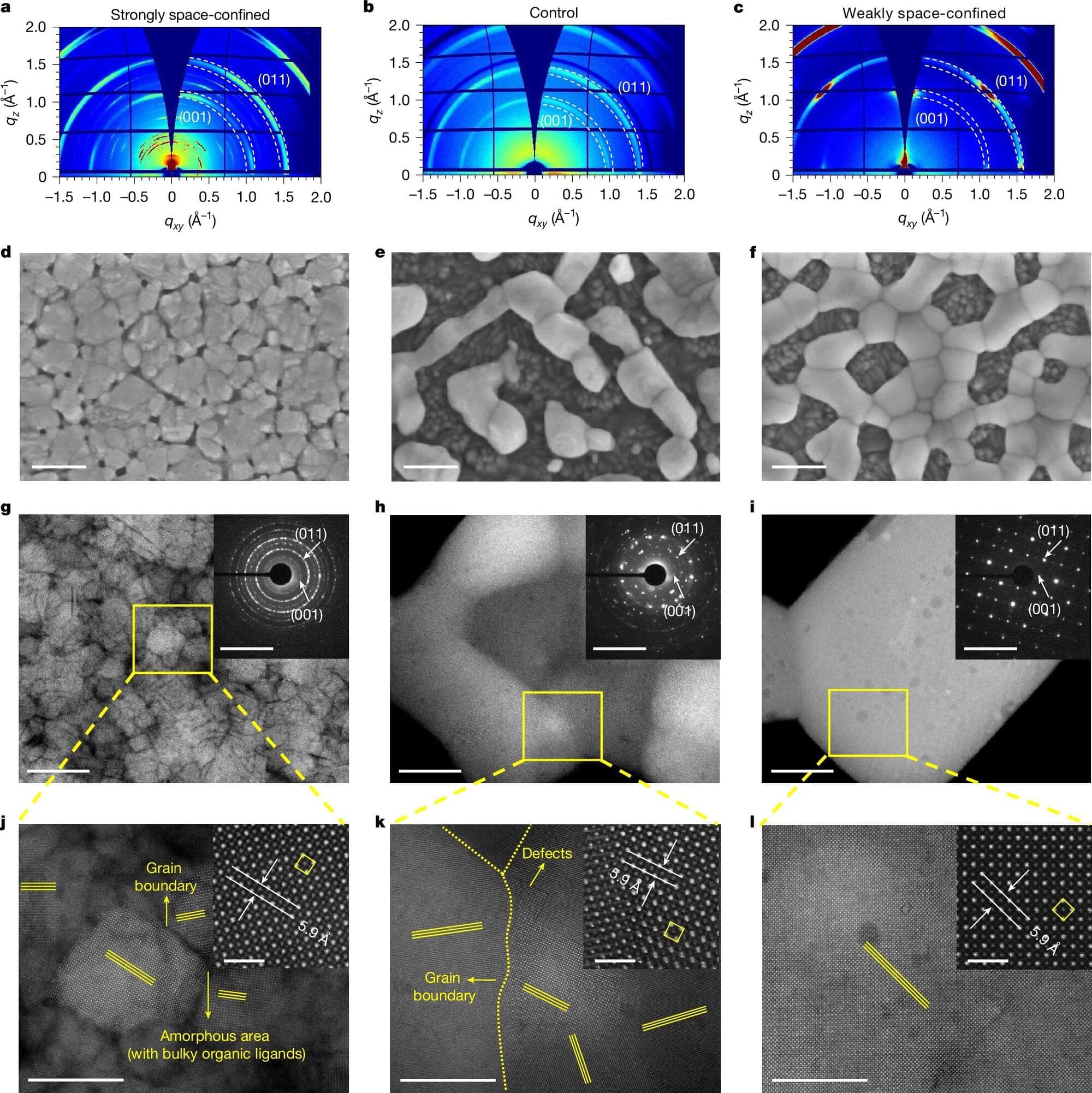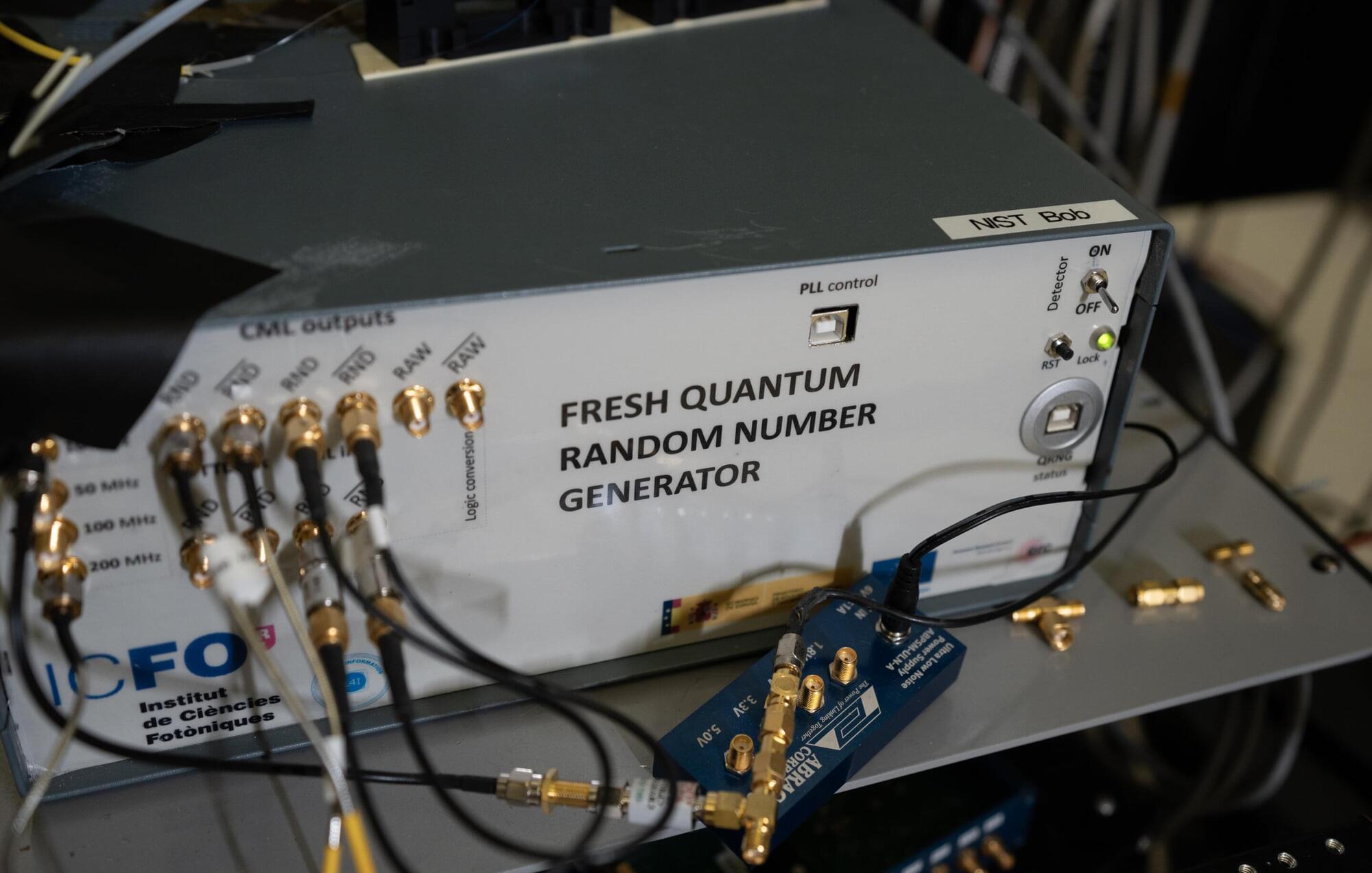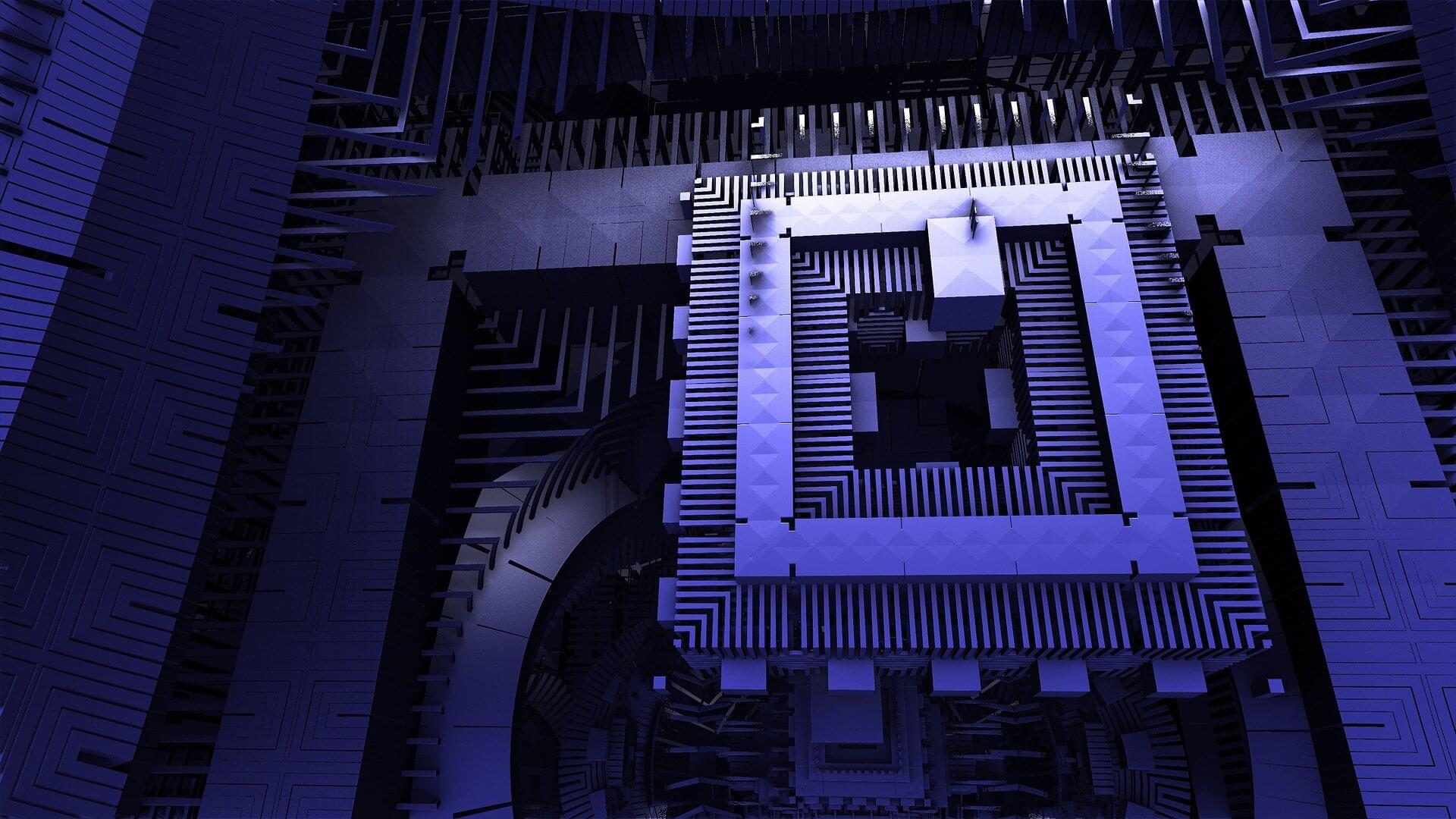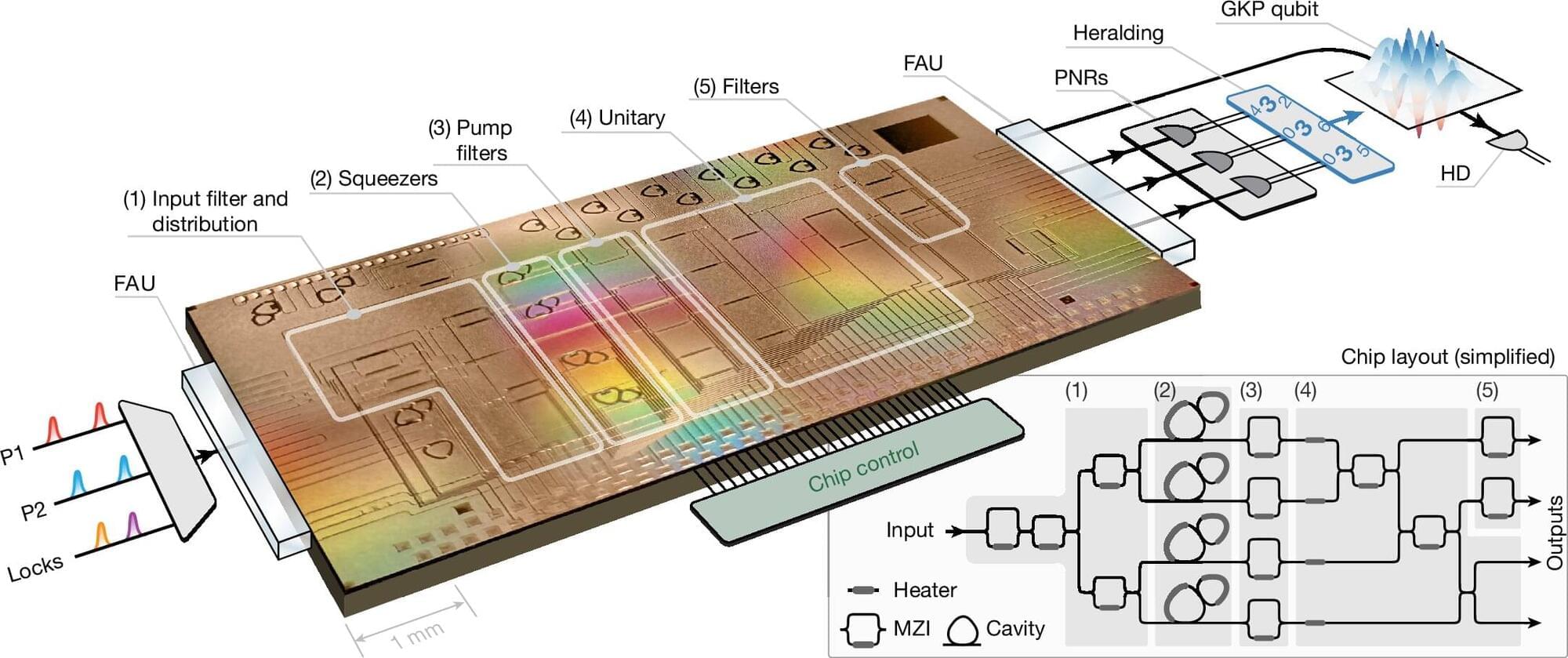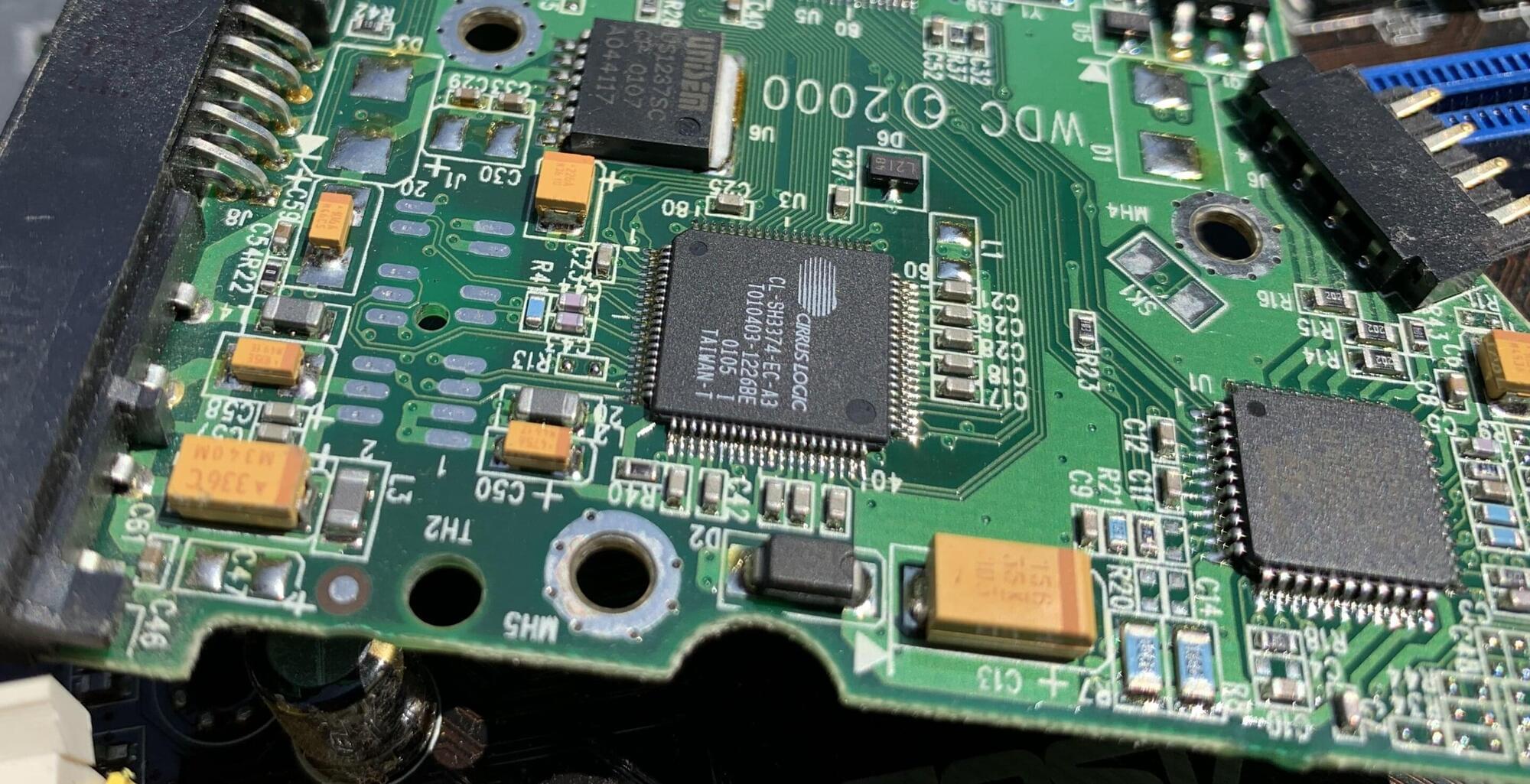Physicists at the University of Oxford have successfully simulated how light interacts with empty space – a phenomenon once thought to belong purely to the realm of science fiction. The simulations recreated a bizarre phenomenon predicted by quantum physics, where light appears to be generated from darkness. The findings pave the way for real-world laser facilities to experimentally confirm bizarre quantum phenomena. The results have been published in Communications Physics.
Using advanced computational modelling, a research team led by the University of Oxford, working in partnership with the Instituto Superior Técnico in the University of Lisbon, has achieved the first-ever real-time, three-dimensional simulations of how intense laser beams alter the ‘quantum vacuum’ – a state once assumed to be empty, but which quantum physics predicts is full of virtual electron-positron pairs.
Excitingly, these simulations recreate a bizarre phenomenon predicted by quantum physics, known as vacuum four-wave mixing. This states that the combined electromagnetic field of three focused laser pulses can polarise the virtual electron-positron pairs of a vacuum, causing photons to bounce off each other like billiard balls – generating a fourth laser beam in a ‘light from darkness’ process. These events could act as a probe of new physics at extremely high intensities.

